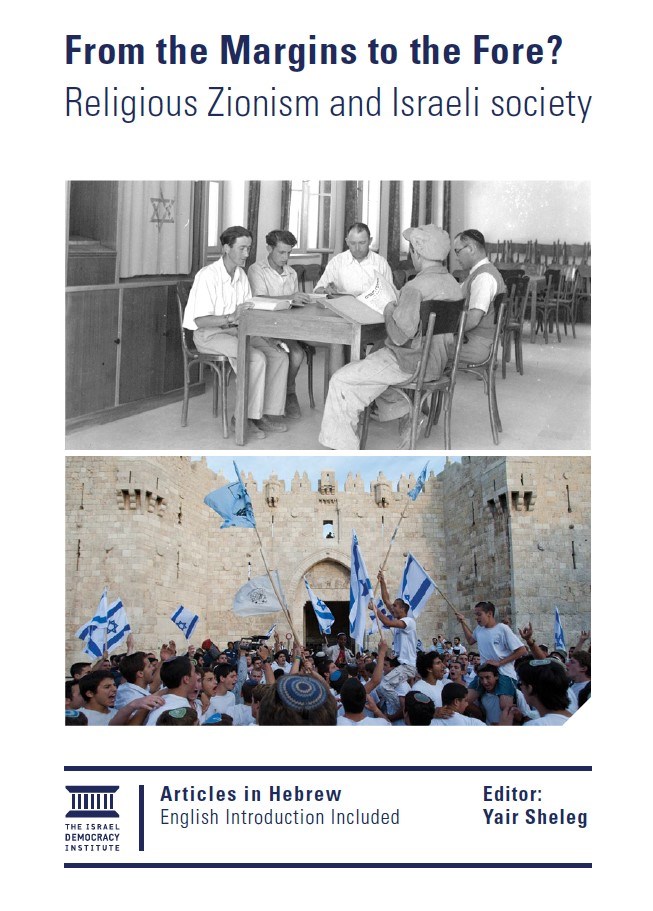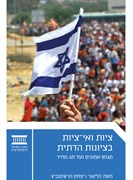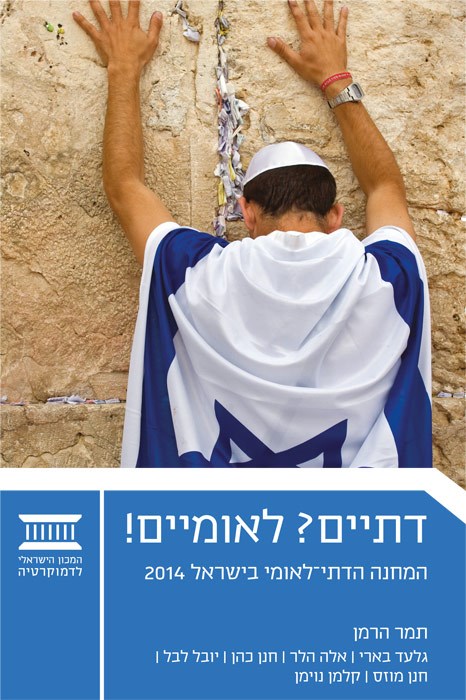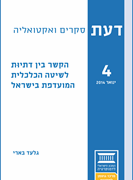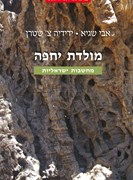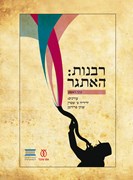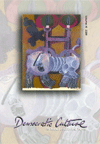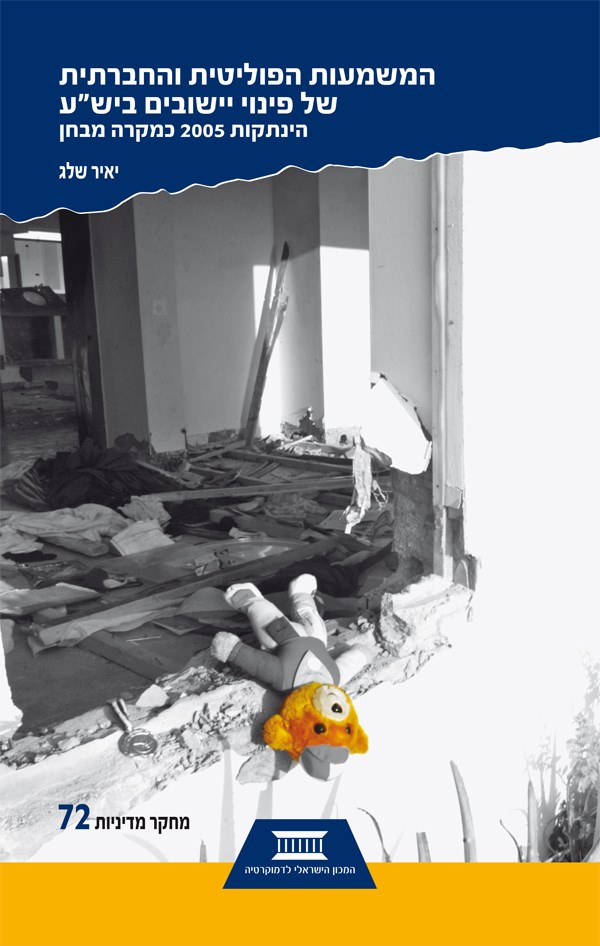

Publications Regarding Religious Zionism
Articles

The Missing Side of the Triangle: The Danger Religious Zionism Faces
Written By: Prof. Benjamin Porat
Religious Zionism (the sector, not the political party that appropriated the name) is one of the most influential population groups in Israel. In the following essay, I wish to draw attention to a worrying process afflicting religious Zionism, the roots of which can be traced back to its early days and has dramatically worsened in recent years.

The Complex Dissonance of Israel’s Hardalim
Written By: Yair Sheleg
Israeli secularism has largely abandoned the ideal of the “new Jew” in recent decades, but religious Zionism has remained fervently loyal to it
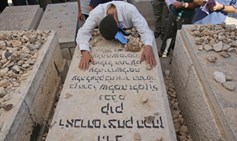
Israel's Third Elections Marks the Defeat of Rabbi Kook’s Dream
Written By: Prof. Yedidia Z. Stern
Let’s imagine a conversation between Rabbi Abraham Isaac Hacohen Kook, religious Zionism’s greatest thinker, and the four Yamina Party leaders.
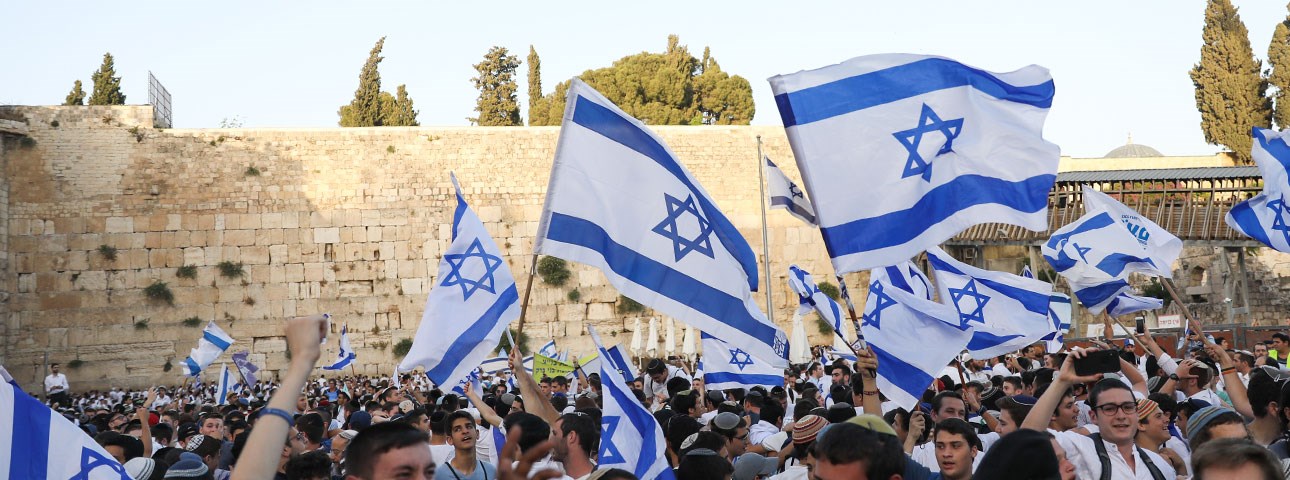
Religion and State: Israelis Seek Change in Existing Arrangements
Even though most Israelis support opening businesses & public transportation on Shabbat issues of religion and state will not decide the September elections

From Isolation to Integration
Written By: Prof. Yedidia Z. Stern
Religious Zionism does not want to isolate itself, but rather to integrate.
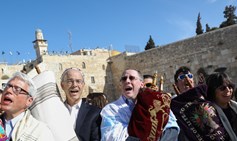
Calling on Our Leaders to Lead
Written By: Prof. Yedidia Z. Stern, Dr. Shuki Friedman
Leading public figures avoid dealing with issues that are of national importance when it entails confronting the ultra-Orthodox community.
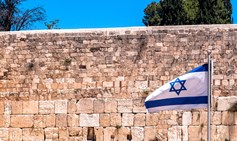
Israelis Are More Traditional Than You Think
Written By: Dr. Shuki Friedman
More than 25 years ago, the “Basic Law: Human Dignity and Liberty” affirmed that Israel is a “Jewish” and “democratic” state but did not define either of these terms in the Israeli context. Now is the time for us to turn to the Jewish identity that has been adopted by a large portion of Israel’s Jews and allow it to shape the country’s Jewish character.

Privatizing Religion
Written By: Yair Ettinger
Yair Ettinger discerns between different streams of Religious-Zionist Jews in Israeli society, and analyzes how these schisms play out in the socio-political arena. This piece was originally published by Brookings.

Religious Zionism’s Budding Romance with Capitalism
Written By: Yair Sheleg
Religious Zionism is based on a nationalistic, even hawkish, position on foreign affairs. Such an ethos, especially in the Middle East, thus demands a great willingness to sacrifice. However, this desire to serve the greater good can only be maintained over time if a sense of solidarity and mutual responsibility unites the members of Israeli society.
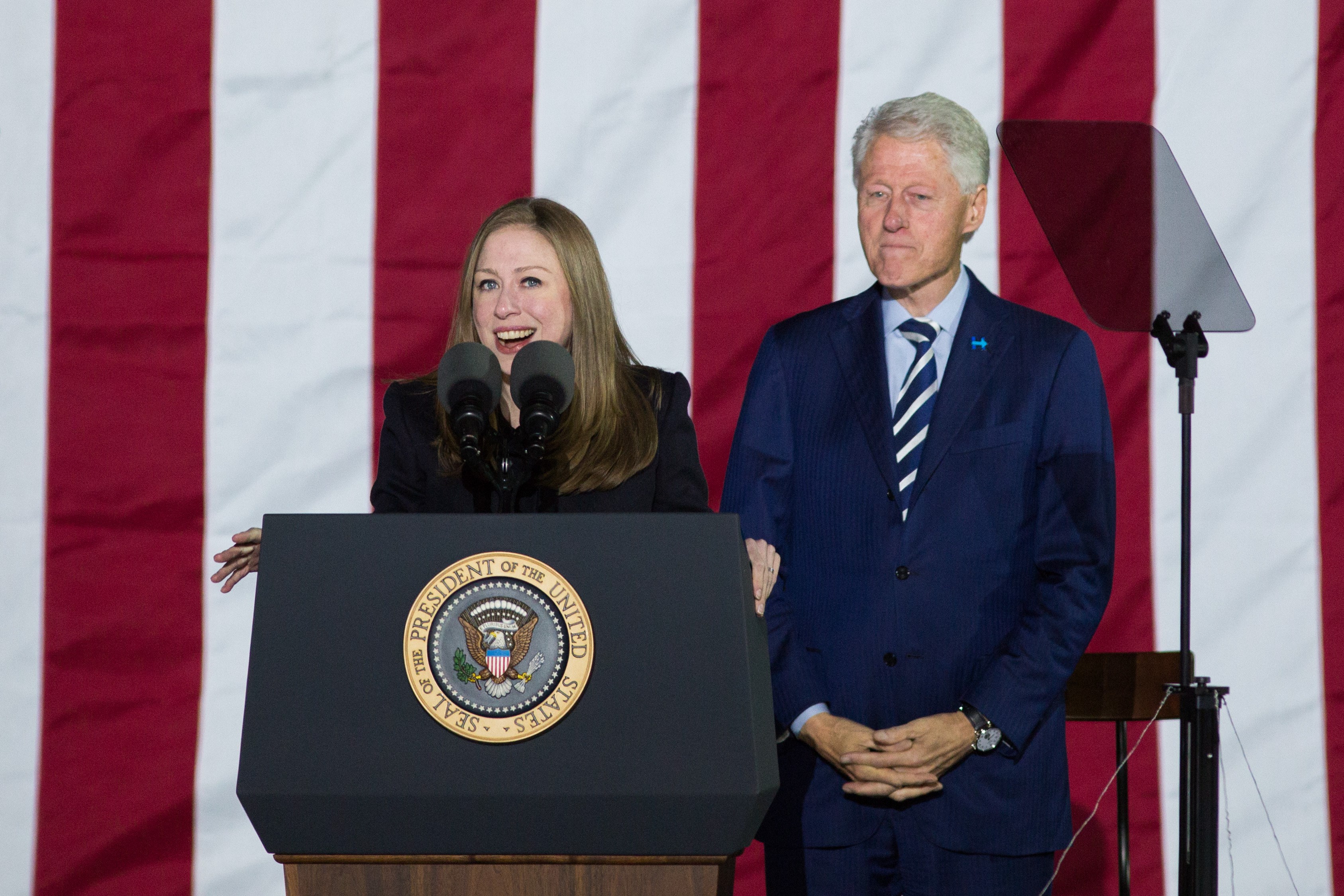
Clinton Could Have Clout Over Israel
Written By: Dr. Shuki Friedman
The expected election of Hillary Clinton as the next president of the United States will affect Israel in a great number of ways, but one of them is rather different and unexpected: Her election will certainly influence the question of religion and state. This op-ed was first published by Haaretz.

Should Jews Pray on the Temple Mount Today?
Written By: Prof. Yedidia Z. Stern
Professor Yedidia Stern argues that the question of how we should relate to the Temple Mount is more complex than any other issue on the public agenda in Israel. This question must be discussed in three parallel dimensions—religious, national, and liberal. This poses a serious challenge, which must be approached with the utmost sensitivity.
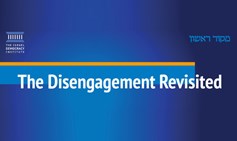
The Loss of Naïveté: The Impact of the Withdrawal from Gaza on Religious Zionism
Written By: Yair Sheleg
Ten years after the disengagement from Gaza, Yair Sheleg, head of IDI's Religion and State program, explores the impact of the withdrawal from Gush Katif under the leadership of Ariel Sharon on the Religious Zionist community in Israel.

2014 National-Religious Sector Survey

Is There a Place for God in the Israeli Army?
Written By: Prof. Yedidia Z. Stern
In an article in the <em>Jewish Week</em>, IDI Vice President Yedidia Stern discusses the question of whether it is appropriate for commanders to use religious rhetoric in motivating their soldiers, and stresses the need for the Israeli army to represent all.

The IDF: Army of the People or Army of God?
Written By: Prof. Mordechai Kremnitzer
IDI Vice President Prof. Mordechai Kremnitzer addresses the question of the appropriateness of the letter that Givati Brigade commander Col.Ofer Winter sent to his subordinate officers as Israel prepared for the ground incursion in Gaza in the summer of 2014.

Is "Israeli" a Nationality?
Written By: Jay Ruderman, Prof. Yedidia Z. Stern
Should the State of Israel recognize "Israeli" as a nationality? IDI Vice President Prof. Yedidia Stern and Jay Ruderman assert that it is imperative for the State of Israel to continue distinguishing between citizenship and nationality.
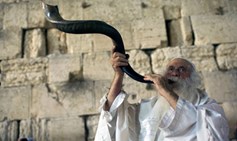
Standing before God: Reflections on Yom Kippur
Written By: Yair Sheleg
Why is Yom Kippur the most significant day on the Jewish calendar? What explains its appeal even to people who define themselves as "secular"? IDI research fellow Yair Sheleg shares his thoughts on this matter.

The High Holidays: A Personal and National Time
Written By: Prof. Yedidia Z. Stern
Prof. Yedidia Z. Stern shares thoughts on the Hebrew calendar, which contributes to Jewish unity and preserves the Jewish people as a single national and cultural unit.
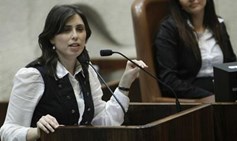
Religious Zionism: Integration or Isolation?
Written By: Prof. Yedidia Z. Stern
In an op-ed written in response to Rabbi Shlomo Aviner's declaration that women are forbidden to serve in the Knesset, IDI Vice President Prof. Yedidia Stern discusses the struggle between the integrationist and isolationist trends within Religious Zionism.

The Exclusion of Women and Control of the Public Sphere
Written By: Prof. Yedidia Z. Stern
Why is the marginalization of women in Israeli society and their exclusion from the public sphere on the rise in Israeli society? In this op-ed, IDI Vice President of Research Prof. Yedidia Stern focuses on the religious Zionist community and the power struggle to determine who will control the public sphere and the space of the religious community.

The "Rabbis' Letter" and Halakhah
Written By: Dr. Eliezer Hadad
The "Rabbis' Letter" signed by dozens of community rabbis in Israel in December 2010 asserts that Jewish law forbids the rental and sale of homes in Israel to non-Jews. Is renting property to non-Jews indeed forbidden by Jewish law? IDI Researcher Dr. Eliezer Hadad surveys opinions by contemporary rabbis who adopted a universalistic approach and found a halakhic basis for the equal rights mandated by both international norms and the Israeli Declaration of Independence.
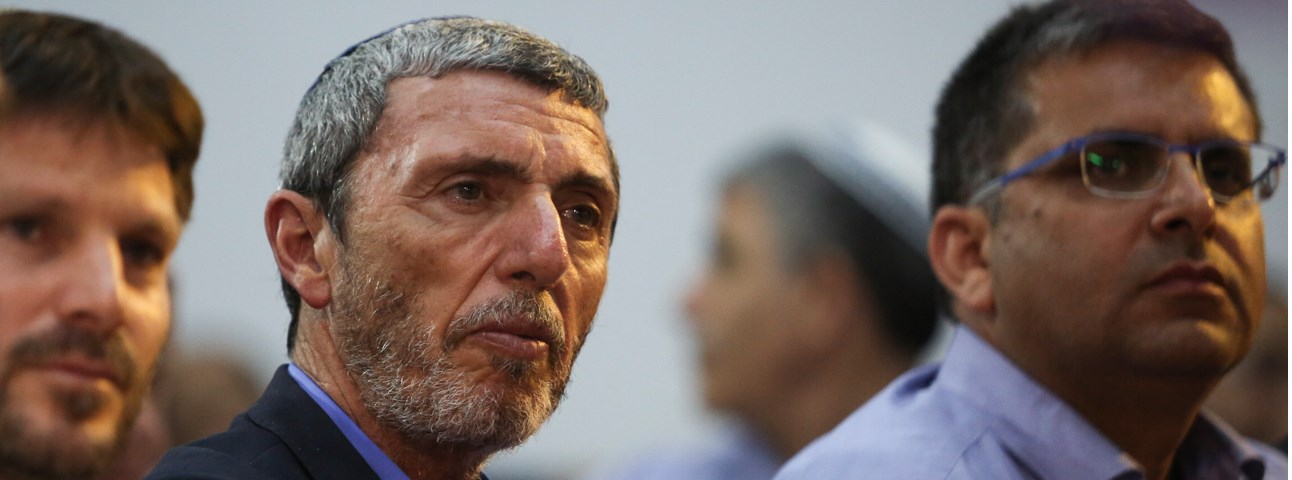
The Burden of Proof
Written By: Yair Sheleg
Calls for applying "Torah Law"in Israel lay bare the the much larger problem posed by the substantial clash of the world of Halacha with two fundamental principles of the modern liberal world: individual freedom and equal rights

